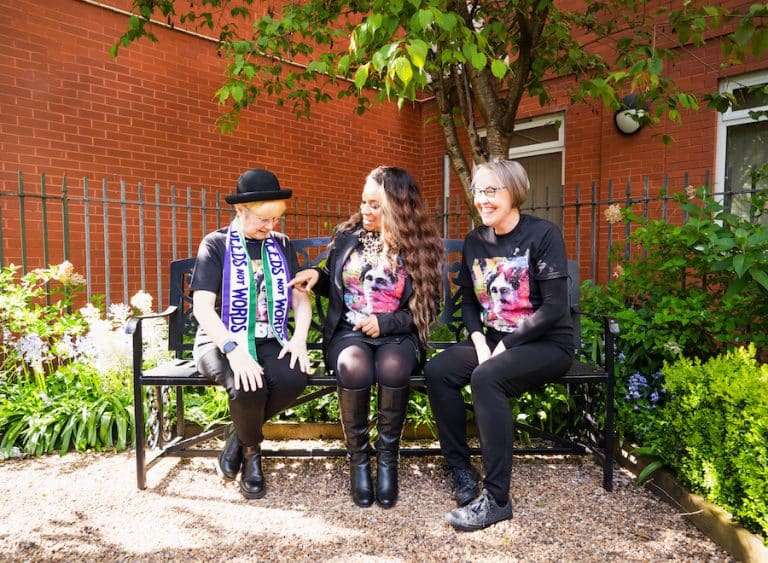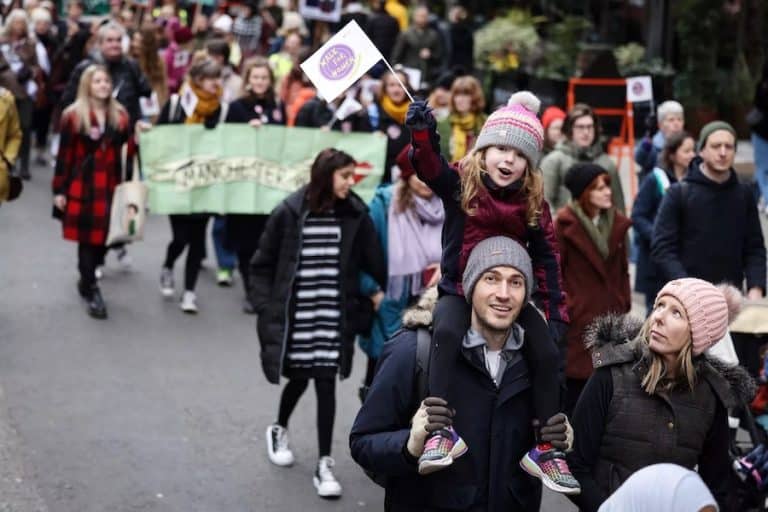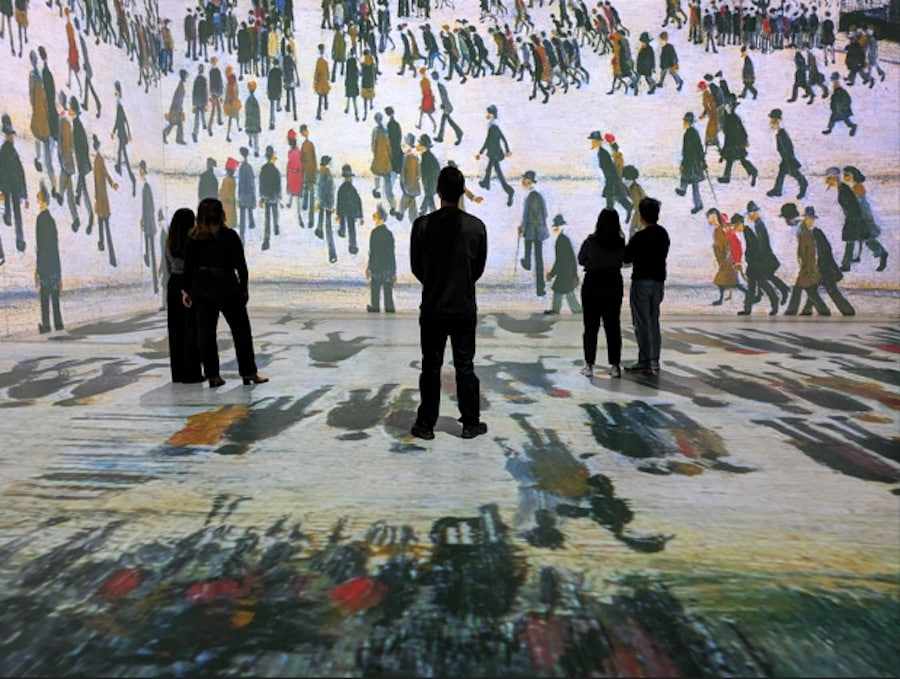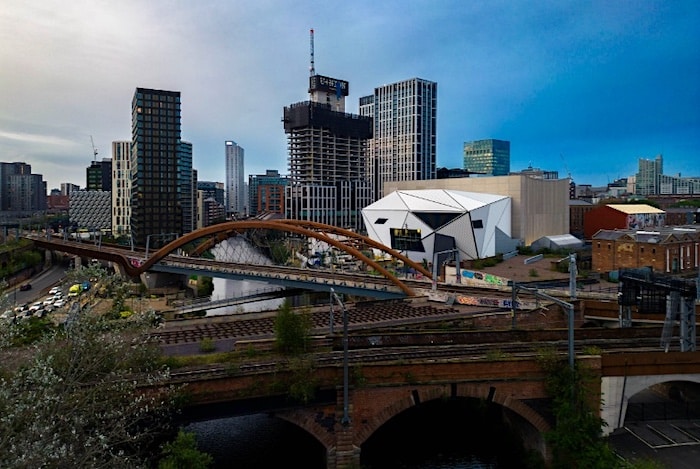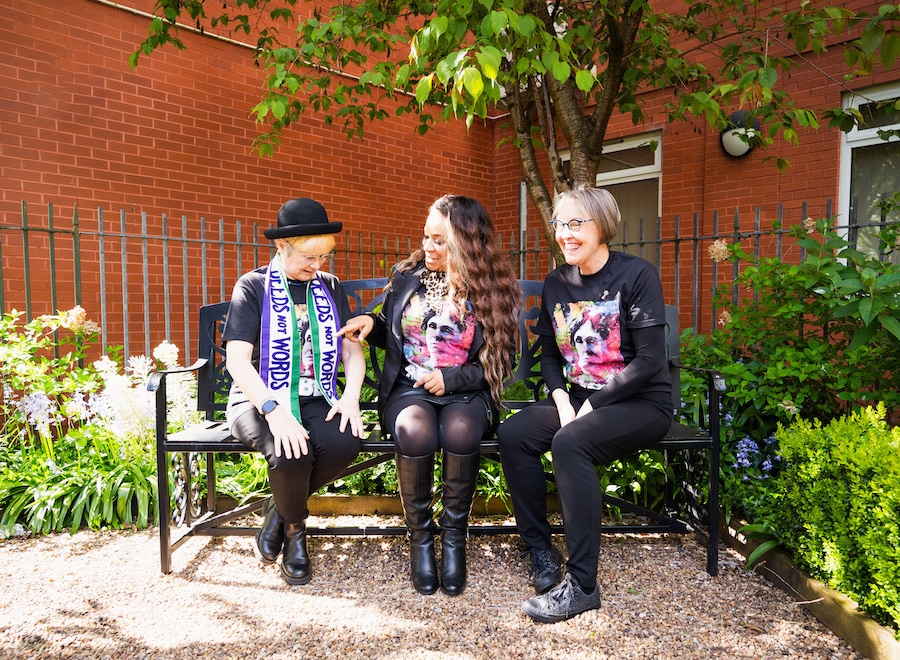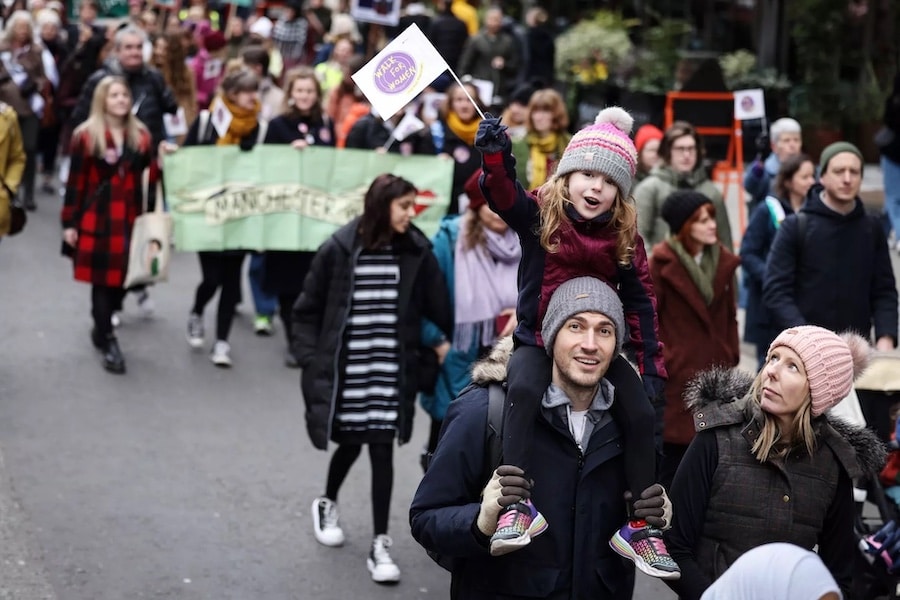Photographer wants YOU to help recreate pivotal moment in Manchester’s LGBT history
- Written by I Love MCR
- Last updated 7 years ago
- City of Manchester, Community, Culture, LGBT+
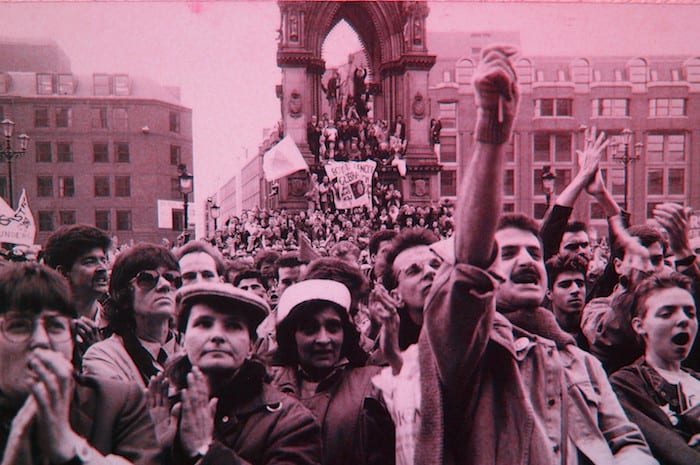
On 20 February 1988, over 20,000 people took to the streets of Manchester to protest against the government’s controversial anti-gay legislation known as Section 28.
Section 28 of the Local Government Act 1988 stated that councils should not “intentionally promote homosexuality or publish material with the intention of promoting homosexuality” in its schools or other areas of their work.
Amongst those who addressed the huge crowd were council leader Graham Stringer – now MP for Blackley and Broughton – and actors Ian McKellen, Sue Johnston and Michael Cashman addressed the crowd, and Tom Robinson sang Glad to be Gay.
“Manchester was in the vanguard of campaigning for gay rights as part of the council’s equality agenda but we received a lot of critisism in the press for it,” says Mr Stringer.
“Some believed that we were giving gay people an advantage or privilege but the truth is that Clause 28 was discriminatory. People changed their minds. For whatever reason Mike Unger [then editor of the Manchester Evening News] gave the march a fantastic editorial and ran a two page spread in the paper about it.
“I remember when the former Tory MP Matthew Paris was writing a book about this he said the only positive thing to come out of local government was a lettter I had published in the Guardian at the time.
“The Labour Party likes to pretend it was always in favour of gay rights but at the time of the controversy over Clause 28, a lot of Labour councils battened down the hatches.”
Section 28 became law in England, Scotland and Wales on the 24th May 1988. It was repealed in 2003.
It was a pivotal moment in Manchester’s LGBT history. At the time, it was the city’s largest ever peaceful protest and is still the largest LGBT march in this country.
“The demonstration looked like the end of one era of gay Manchester and the beginning of another,” wrote Paul Flynn in Good As You: From Prejudice to Pride – 30 Years of Gay Britain.
It was described by one person who was there as “one of Manchester’s great marches, perhaps the best. It was a great march, great atmosphere and, yes, it was pretty unique at the time to have lesbian feminists working together with gay men.”
To mark the thirtieth anniversary of the protest, Contact Theatre’s young programming and producing team RE:CON have commissioned renowned photographer Manuel Vason to recreate the gathering in Manchester city centre.
They are looking for volunteers, especially members of the public who took part in the protest, to be part of this unique commemorative project.
Anyone over the age of 18 with an active interest and support of LGBTQ+ people’s rights is also invited to join the project.
The photoshoot will take place in Manchester city centre on Tuesday 20 February. The photograph will then be presented at a public event in May 2018, alongside performances, poetry and music celebrating the protest and its legacy.
The project will begin with an initial workshop with the organisers to explore ideas for the image, and discuss connections to the march and the issues surrounding the struggle for LGBTQ+ people’s rights in the 30 years since the protests.
In a multicultural, diverse society there are countless ways in which people can express a sense of community and solidarity,” said photographer Manuel Vason. “In my opinion the Temporary Monument, Permanent Protest project is clearly an opportunity to do so and to remind ourselves of a moment in recent British history when these values were under serious thread.
Participants should be able to attend a workshop on Saturday 17 February 2018 (2pm-5pm, Manchester International Festival, Blackfriars House, M3 2JA).
The location and time for the photo shoot will be announced shortly. To find out more click here.
You can find out more about the Manchester March against Section 28 and see some of the archive items and film footage from the event at Central Library on Monday 19 February. The event is free but booking is required.
- This article was last updated 7 years ago.
- It was first published on 15 February 2018 and is subject to be updated from time to time. Please refresh or return to see the latest version.
Did we miss something? Let us know: [email protected]
Want to be the first to receive all the latest news stories, what’s on and events from the heart of Manchester? Sign up here.
Manchester is a successful city, but many people suffer. I Love Manchester helps raise awareness and funds to help improve the lives and prospects of people across Greater Manchester – and we can’t do it without your help. So please support us with what you can so we can continue to spread the love. Thank you in advance!
An email you’ll love. Subscribe to our newsletter to get the latest news stories delivered direct to your inbox.
Got a story worth sharing?
What’s the story? We are all ears when it comes to positive news and inspiring stories. You can send story ideas to [email protected]
While we can’t guarantee to publish everything, we will always consider any enquiry or idea that promotes:
- Independent new openings
- Human interest
- Not-for-profit organisations
- Community Interest Companies (CiCs) and projects
- Charities and charitable initiatives
- Affordability and offers saving people over 20%
For anything else, don’t hesitate to get in touch with us about advertorials (from £350+VAT) and advertising opportunities: [email protected]
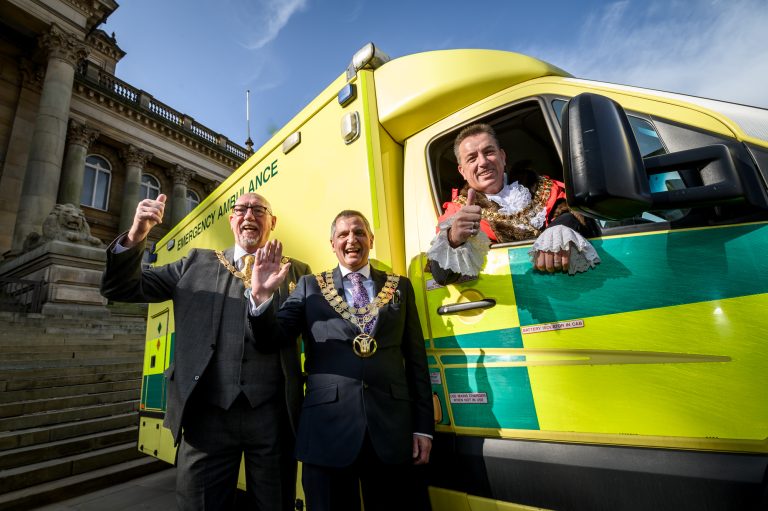
Mayors and veterans unite to drive ambulances of hope to Ukraine
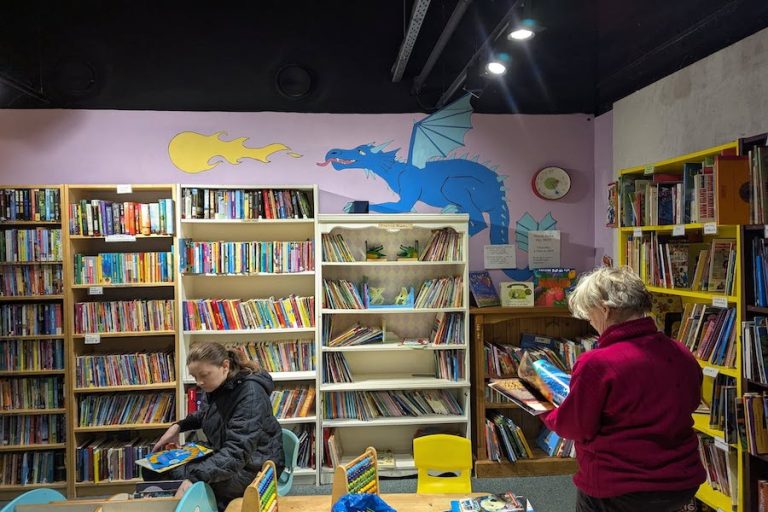
The bookshop where everything is free and everyone gets a warm welcome
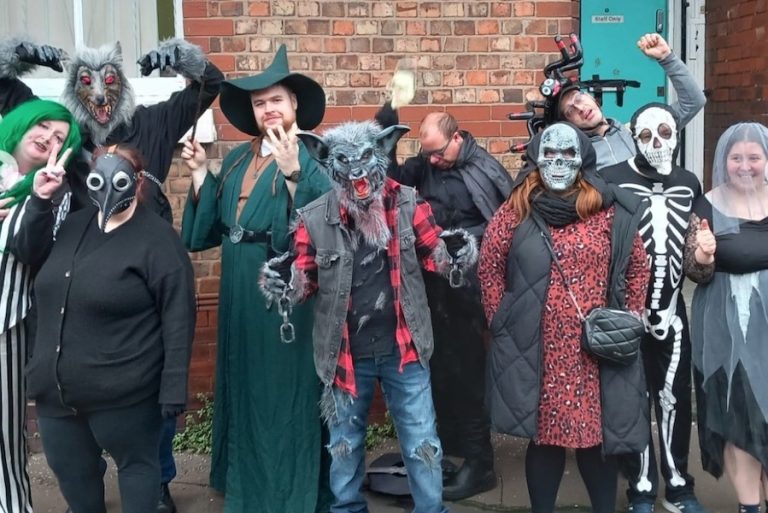
How I AM has been changing lives for neurodivergent people for over 50 years

Review: RNCM Session Orchestra with Tim Burgess and Helen O’Hara is ‘a joyful evening of classics’
